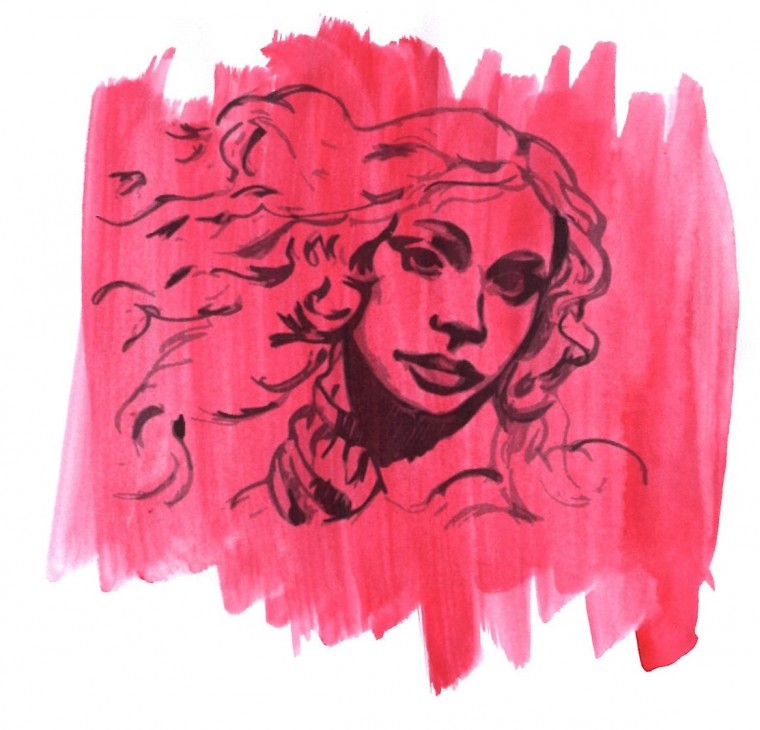Indigenous Venus, Duncan Moon
Conversation After Kings audio
Conversation After Kings
You told me they need to call it
good grief. That there was a big field.
That they had a cold night. They
looked for a vein they could use
on the first try. They sang and
chanted and cut themselves
all day long, but nothing happened,
a morning with no wind, the earth
devoid of earthquakes, their evening
opened from one end to the other
but not burned up in flame. Then
the stars came down like a blanket,
the cold and the life came running
back up their arms and legs and
someone said, go back the way
you came, the world won’t have
the last word. I’ve changed it here
though it comes out of your book,
not mine, but when you tell me
this tale I believe you, that the lost
will find their lives again, that
the cure is worth all the fear,
that the glory, deep and heavy,
is going to last, which means it lives
in the genes, which makes it as true
for the ones who read any story
from any book in all of the lands,
or the ones who read no book at all.
___________________
Laurinda Lind
Review by Lynn Otto
Lind’s poem “Conversation After Kings” alludes to the story of Elijah and the prophets of Baal on Mount Carmel in the Bible (I Kings 18). The line “They sang and / chanted and cut themselves / all day long, but nothing happened” is the clearest reference—the rest of the poem takes more liberties, as the poem’s speaker says, “I’ve changed it here / though it comes out of your book.” I am glad of the changes—they are arresting, sensory-rich, provocative. The conclusions the speaker reaches are different from the conclusions of a typical sermon on the passage, which is often used to make the point that the Judeo-Christian God is the only supreme being and all others are imagined. This poem makes a nearly opposite conclusion, that “the glory,” which I understand as God,” “lives / in the genes,” and everyone (“the ones who read any story / from any book in all of the lands, / or the ones who read no book at all”) “will find their lives again.” This “last word” says any understanding of God is legitimate, not just the Judeo-Christian version.
I don’t really understand the first sentence—what in particular is being called “good grief” and why—but I appreciate Lind’s ability to lineate additional meaning with enjambed lines such as “You told me they need to call it” (which suggests the situation of a competition) and “the last word. I’ve changed it here.”

